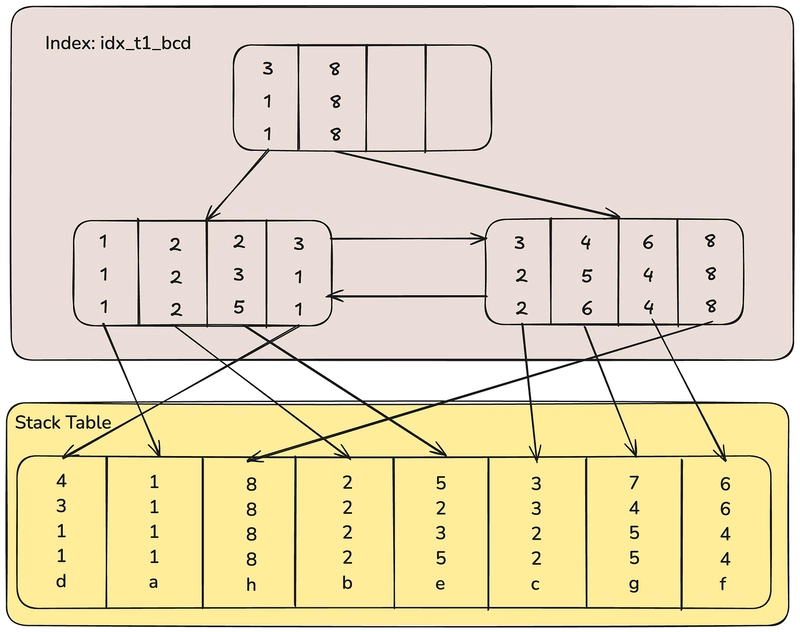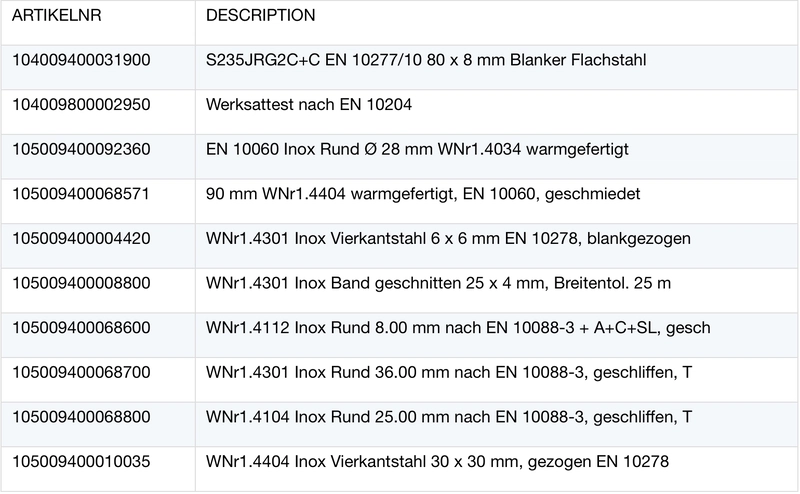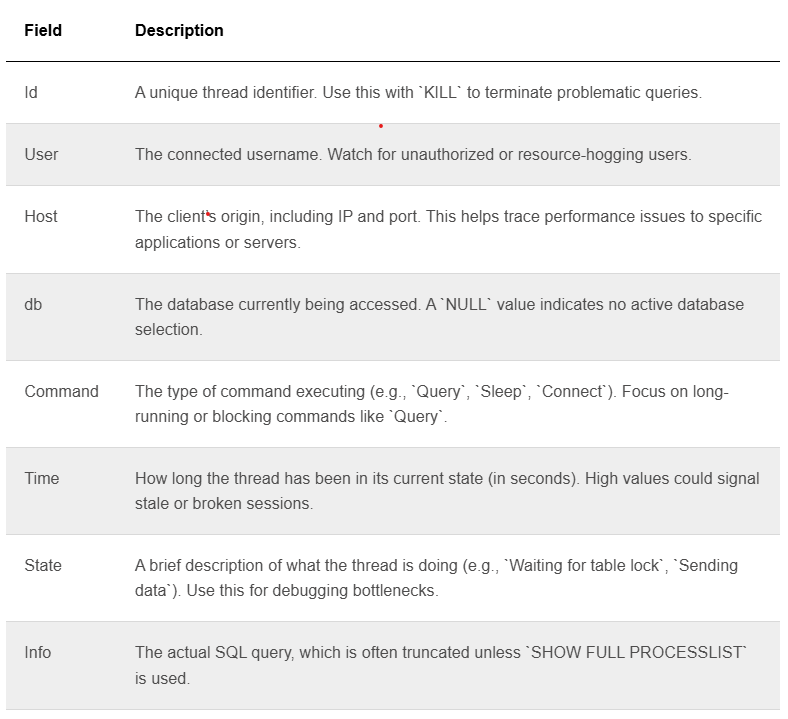When working with Entity Framework Core (EF Core), queries that involve multiple Include() statements can result in a single large query with multiple joins.
This can cause performance issues due to data duplication and increased memory usage.
🔍 What is AsSplitQuery()?
AsSplitQuery() tells EF Core to fetch related data using separate SQL queries instead of one large join query. This helps optimize **performance **for complex queries with multiple related entities.
✅ Step 1: Setup Your Model
Let’s create a simple e-commerce scenario with Order, Customer, and OrderItem entities.
public class Order
{
public int Id { get; set; }
public string OrderNumber { get; set; }
public Customer Customer { get; set; }
public List<OrderItem> OrderItems { get; set; } = new();
}
public class Customer
{
public int Id { get; set; }
public string Name { get; set; }
}
public class OrderItem
{
public int Id { get; set; }
public string ProductName { get; set; }
public int Quantity { get; set; }
}⚙️ Step 2: Configure the Database Context
Define the DbContext to include necessary DbSet properties.
public class AppDbContext : DbContext
{
public DbSet<Order> Orders { get; set; }
public DbSet<Customer> Customers { get; set; }
public DbSet<OrderItem> OrderItems { get; set; }
protected override void OnConfiguring(DbContextOptionsBuilder optionsBuilder)
{
optionsBuilder.UseSqlServr("set connection string");
}
}🧪 Step 3: Query Without AsSplitQuery()
Let’s say we want to fetch orders with their customers and order items:
var orders = await _context.Orders
.Include(o => o.Customer)
.Include(o => o.OrderItems)
.ToListAsync();What Happens?
EF Core generates a single SQL query with multiple JOIN operations.
If there are many orders and items, this can cause performance issues due to data duplication and increased memory usage.
🚀 Step 4: Optimize with AsSplitQuery()
Now, let's improve performance using AsSplitQuery():
var orders = await _context.Orders
.Include(o => o.Customer)
.Include(o => o.OrderItems)
.AsSplitQuery()
.ToListAsync();What Happens Now?
- EF Core executes multiple separate SQL queries instead of a single large join.
- Less memory is used.
- Duplicate data is avoided.
- Performance improves for large datasets.
🔍 Step 5: Understanding the SQL Queries
Without AsSplitQuery() (default behavior)
SELECT o.*, c.*, oi.*
FROM Orders o
LEFT JOIN Customers c ON o.CustomerId = c.Id
LEFT JOIN OrderItems oi ON o.Id = oi.OrderId;This can lead to repeated rows for the same order due to the join on OrderItems.
With AsSplitQuery()
SELECT * FROM Orders;
SELECT * FROM Customers WHERE Id IN (...);
SELECT * FROM OrderItems WHERE OrderId IN (...);This results in more efficient memory usage and cleaner result sets.
🌐 Configure AsSplitQuery() Globally
Instead of calling .AsSplitQuery() on every query, you can make it the default behavior for your entire app.
✅ Add this to OnModelCreating in your DbContext:
protected override void OnModelCreating(ModelBuilder modelBuilder)
{
modelBuilder.UseSplitQueryBehavior(SplitQueryBehavior.SplitQuery);
}⚠️ Requires EF Core 6.0+
📌 Notes:
All queries with .Include() will now use split queries by default.
You can override this behavior per query using .AsSingleQuery() if needed.
📈 When to Use AsSplitQuery()
✅ Use it when:
- You include multiple navigation properties.
- You're querying large datasets.
- You want to avoid duplicated data and reduce memory load.
❌ Avoid it when:
- Your queries are small/simple.
- Network latency makes multiple queries less efficient.
- You require strict control over transaction boundaries.
🧠 Conclusion
Using AsSplitQuery() in EF Core is a simple yet powerful optimization. Whether you configure it per-query or globally, it can significantly reduce memory usage and improve performance when working with complex data models and large datasets.
📚 References
EF Core documentation: Loading Related Data — Split Queries
EF Core documentation: Performance considerations for split vs single queries
Source code: Ef core examples



